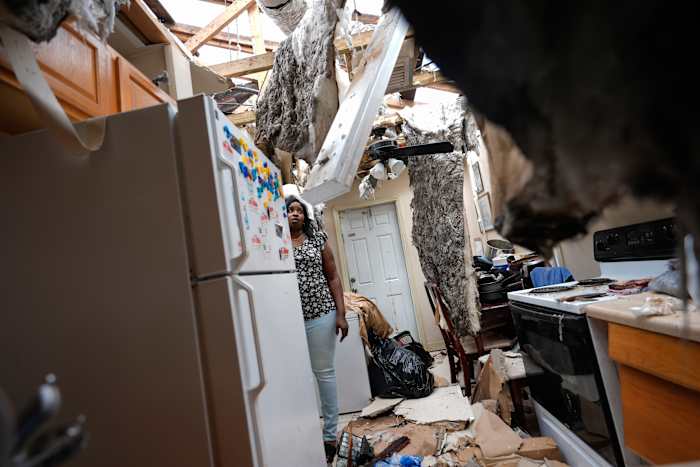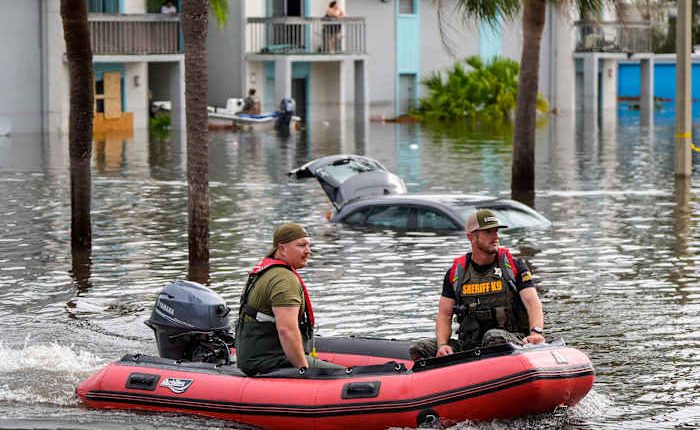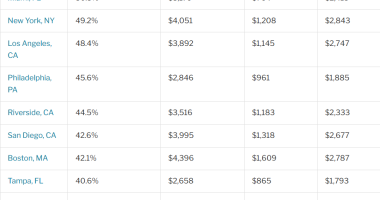Share this @internewscast.com

The National Oceanic and Atmospheric Administration announced on Monday a delay of one month in the scheduled termination of satellite data crucial for hurricane tracking.
Meteorologists and scientists expressed significant concern last week when NOAA revealed plans to stop crucial data collection from three weather satellites, operated in conjunction with the Defense Department, during the current hurricane season.
The microwave data from the Defense Meteorological Satellite Program provides essential details that traditional satellites cannot, such as three-dimensional insights into storm dynamics and activity during nighttime, according to experts.
The data was initially planned to be cut off on June 30 “to mitigate a significant cybersecurity risk,” NOAA’s announcement said. The agency now says it’s postponing that until July 31. Peak hurricane season is usually from mid-August to mid-October.
Spokespeople from NOAA and the Navy did not immediately respond to a request for more details about the update.
NOAA — which has been the subject of hefty Department of Government Efficiency cuts this year — said Friday the satellite program accounts for a “single dataset in a robust suite of hurricane forecasting and modeling tools” in the National Weather Service’s portfolio.
The agency’s “data sources are fully capable of providing a complete suite of cutting-edge data and models that ensure the gold-standard weather forecasting the American people deserve,” a spokesperson said.
But Union of Concerned Scientists science fellow Marc Alessi told The Associated Press on Friday that detecting the rapid intensification, and more accurately predicting the likely path, of storms is critical as climate change worsens the extreme weather experienced across the globe.
“Not only are we losing the ability to make better intensification forecasts, we are also losing the ability to predict accurately where a tropical cyclone could be going, if it’s in its development stages,” Alessi said. “This data is essential.
“On the seasonal forecasting front, we would see the effects,” he added, “but also on the long-term climate change front, we now are losing an essential piece to monitoring global warming.”
___
Alexa St. John is an Associated Press climate reporter. Follow her on X: @alexa_stjohn. Reach her at ast.john@ap.org.
___
Read more of AP’s climate coverage at http://www.apnews.com/climate-and-environment
___
The Associated Press’ climate and environmental coverage receives financial support from multiple private foundations. AP is solely responsible for all content. Find AP’s standards for working with philanthropies, a list of supporters and funded coverage areas at AP.org.
Copyright 2025 The Associated Press. All rights reserved. This material may not be published, broadcast, rewritten or redistributed without permission.
















